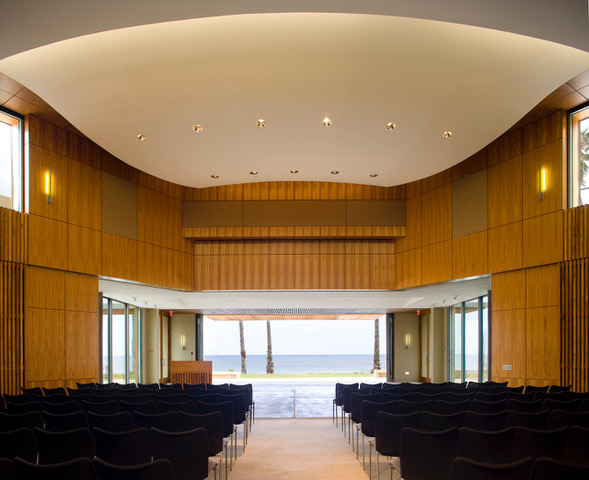
Institutional Seminar Series
(in person)
Thursday, March 21st, 2024
at Scripps Seaside Forum Auditorium
11 a.m. Talks begin w/ Q&A
Pizza to be served after, will have vegan and gluten free options
-------------------------
Title: What happens when you drop a bucket of dye at the bottom of La Jolla Canyon?
Abstract: In October 2023, we released rhodamine dye at a depth of 85 m at the bottom of La Jolla Canyon. For the following three days, fluorometers on a moored Wirewalker and a tow-yo’d FastCTD were used to track the spread and dissipation rate of the dye patch. After a short period of strong mixing near the bottom, the dye was ejected far into the canyon. These observations support the notion that exchange with the interior is an important component of the three-dimensional mixing dynamics at bottom boundaries.
Bio: Nicole Couto is a project scientist at Scripps Institution of Oceanography in the Multiscale Ocean Dynamics (MOD) group. Her research focuses on submesoscale processes - mainly in bottom boundary layers and at the poles - that lead to water mass transformation and heat transport. In order to study submesoscale dynamics, she uses observations from CTD and microstructure profilers, particularly the Epsilometer, which is built by MOD engineers. She is also involved in ongoing turbulence community efforts to standardize microstructure measurement practices.
Title: Climate and ocean circulation controls on the marine oxygen and carbon cycles
Abstract: Analogously to the human body, the exchange of oxygen and carbon between the ocean and the atmosphere has a profound influence on planetary health and is regulated by complex physical, biological, and chemical processes. Untangling these processes and their interaction is critical to attributing human-driven changes in the presence of natural variability and predicting marine ecosystem habitat shifts in a warming climate. In this talk, I will share recent developments in an Earth system model that shed new light on: i) how natural and human-driven perturbations of climate influence the year-to-year variability and long-term trends of global oxygen and carbon inventories in the ocean; and ii) how regional scale processes influence the transport and cycling of oxygen and carbon in the tropical Pacific. This region is of particular interest as it contains the largest oceanic source of natural carbon to the atmosphere and the biggest oxygen deficient zones in the world ocean. Yet, the current observing network and climate models performance in this region remain inadequate to monitor and predict their change, presenting numerous opportunities for new observational and modeling efforts in this basin.
Bio: Yassir Eddebbar is an assistant research scientist in the Climate, Atmospheric Science and Physical Oceanography (CASPO) division, at Scripps Institution of Oceanography (SIO), UC San Diego. He completed his PhD working in the Atmospheric Oxygen Research Group at SIO, and continued on as a postdoctoral scholar and assistant project scientist at the Center for Climate Change Impacts and Adaptation at Scripps, before joining CASPO in his new role. His research combines models and observations to advance our process understanding of how climate and ocean dynamics regulate ocean biogeochemical cycles from global to regional scales, and how these interactions shape marine ecosystem habitats in a warming world.
*Talks will not be recorded




